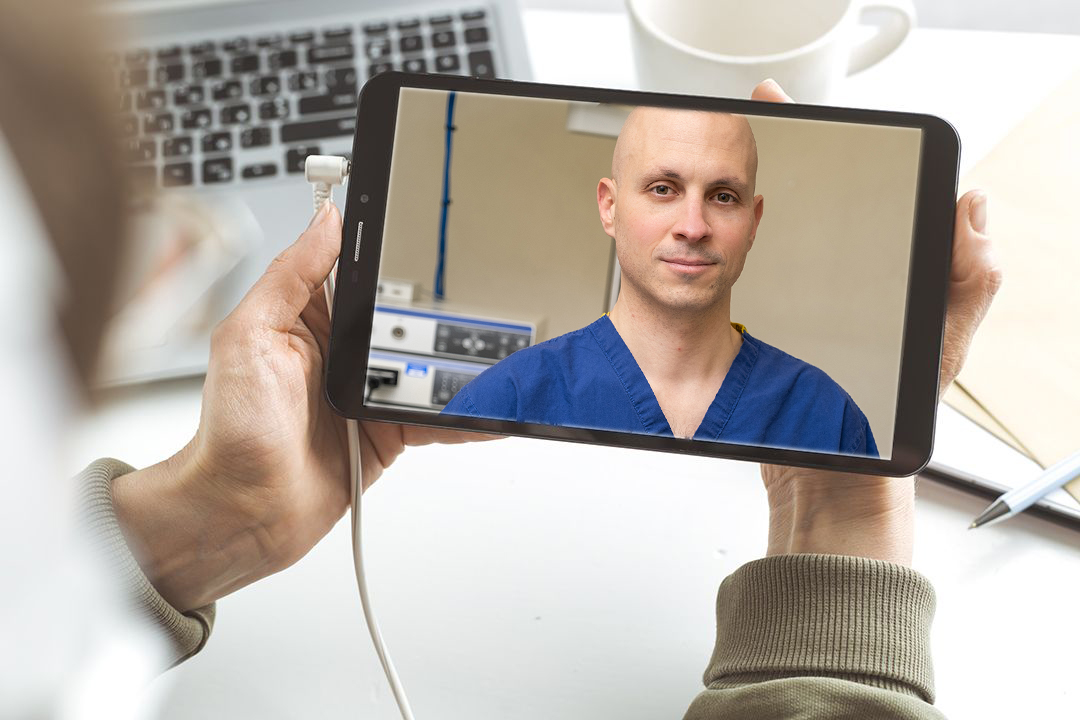A colonoscopy is a diagnostic minimally invasive endoscopy procedure that allow us to check the large bowel from the rectum to the terminal ileum (last part of the small intestine) with a small tube (endoscope) with a camera on the tip.
Colonoscopy

Oesophagogastroduodenoscopy (OGD)
OGD is a diagnostic minimally invasive endoscopic procedure that allow us to visualizes the upper part of the gastrointestinal trac, which includes the oesophagus, stomach and the first&second part of the duodenum.
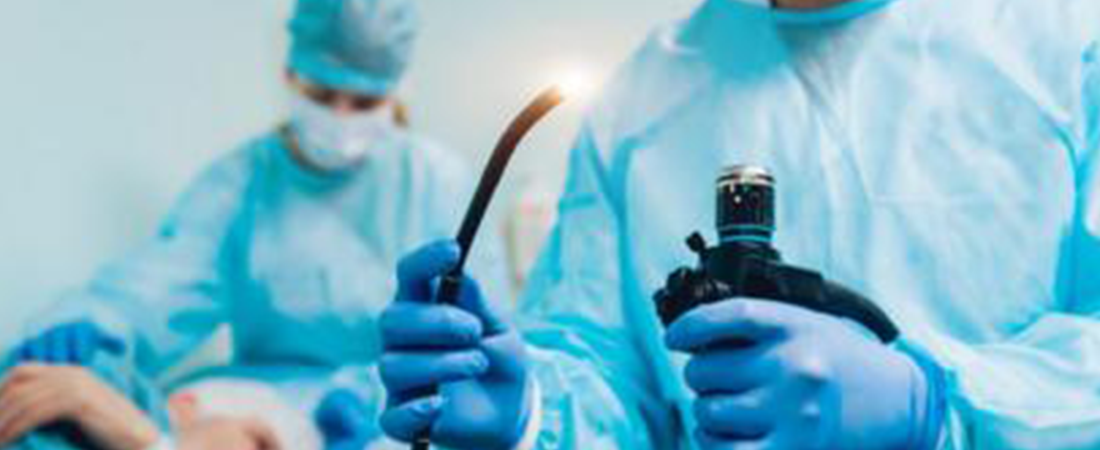
Flexible sigmoidoscopy
Flexible sigmoidoscopy is a procedure that’s used to investigate the lower part of your large bowel, which includes the rectum and sigmoid colon. It usually takes around 10 minutes.
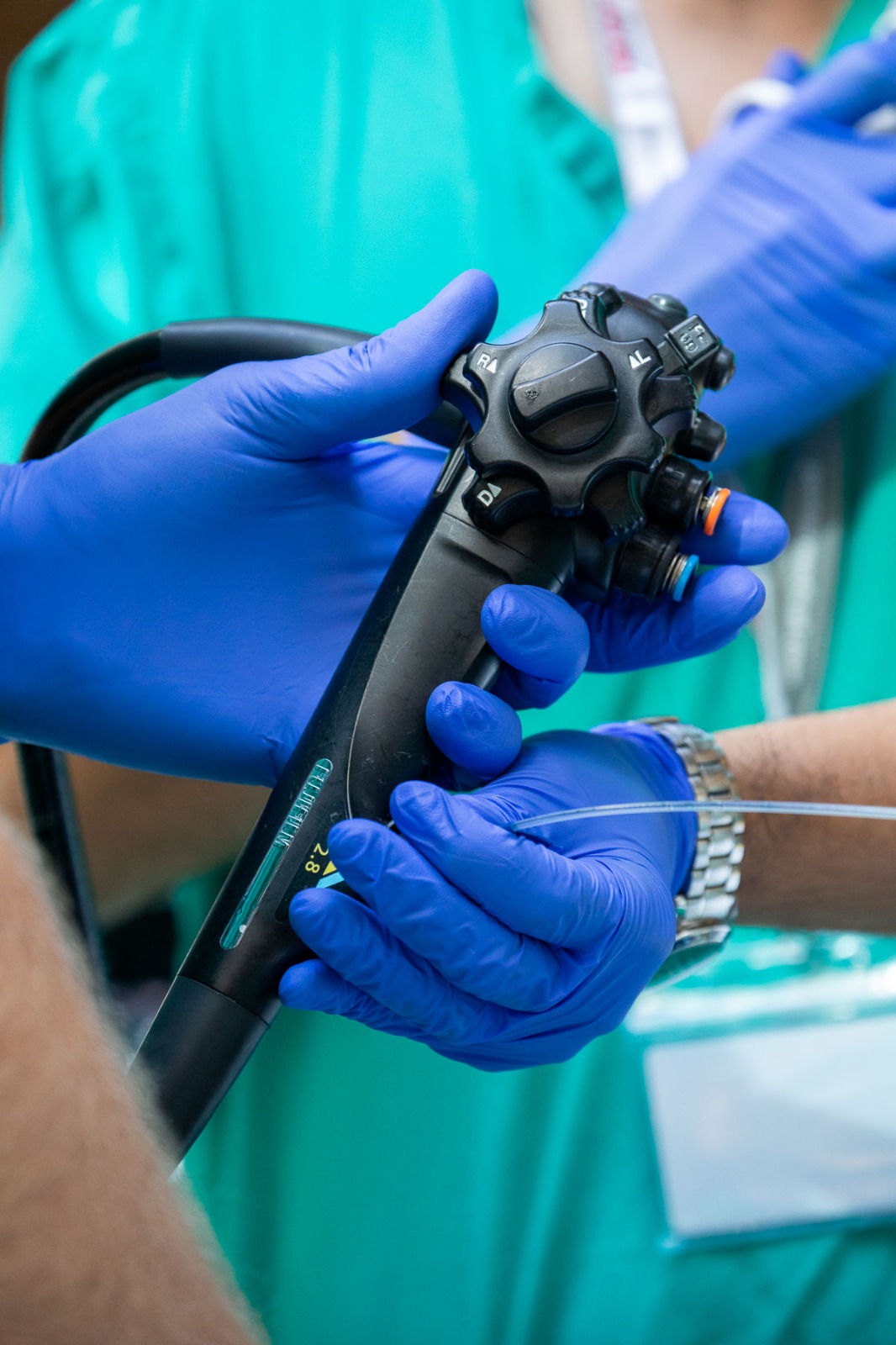
Enteroscopy
Enteroscopy is an endoscopic investigation of the small bowel. This is a complex diagnostic/therapeutic procedure that require the use of a special endoscope called double or single balloon enteroscope (DBE).
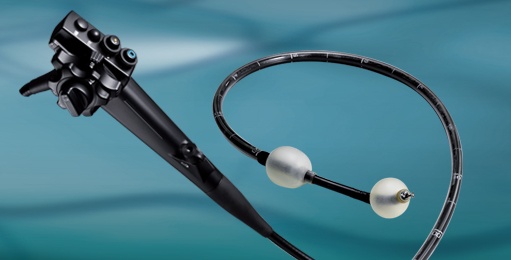
Capsule endoscopy
Capsule endoscopy is a small capsule with one/two wireless camera which travel through the gastrointestinal tract taking pictures of the mucosa. Capsule endoscopy is a non-invasive test that allow us to visualize the upper GI tract, the small bowel and the colon.
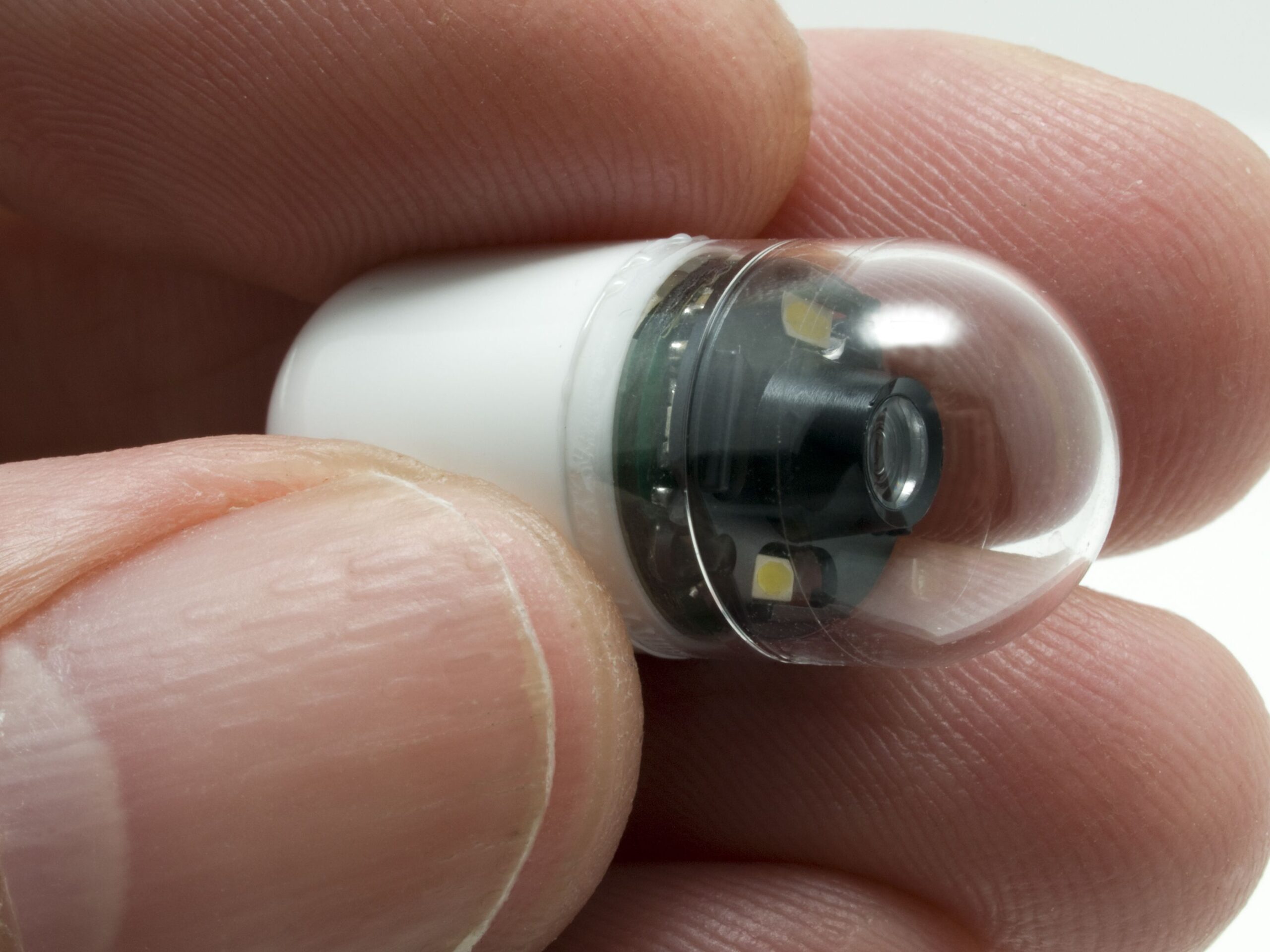
Endoscopic Mucosal Resection (EMR)
Endoscopic mucosal resection, also known as EMR, the endoscopic resection of a gastrointestinal lesion/polyp limited to the internal layer of the gut which is called mucosa. Once the polyp/lesion is identified, it is raised with the EMR solution (a mix of saline, indigo carmine and adrenaline) and resected with a electrocautery snare.
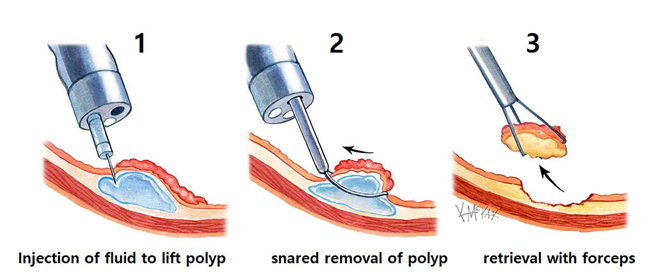
Endoscopic submucosal dissection (ESD)
Endoscopic submucosal dissection, also known as ESD, is a advanced endoscopy therapeutic technique which allows the endoscopist to remove en-bloc large colonic lesions confined to the mucosa and superficial submucosal layer. After the lesions is raised with the EMR solution (a mix of saline, indigo carmine and adrenaline) the submucosal layer is progressively dissected with a special knife, until complete resection is achieved.

PEG
Percutaneous endoscopic gastrostomy (PEG) is an endoscopic medical procedure in which a tube (PEG tube) is passed into a patient’s stomach through the abdominal wall, most commonly to provide a means of feeding when oral intake is not adequate.
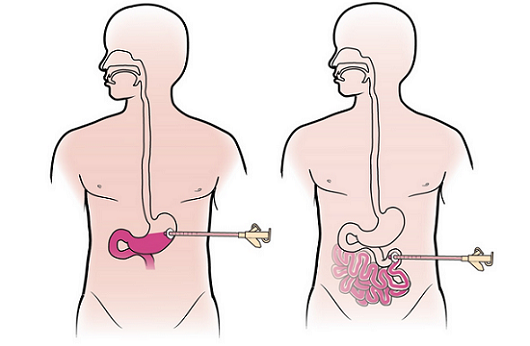
Endoscopic dilatation
Endoscopic dilatation is procedure that allows to dilate or stretch a benign narrowed area of the gastrointestinal tract, called stricture. Once the stricture is identified, a catheter is gently passed through the stricture followed by a gradual inflation of the balloon until a satisfactory dilatation is achieved.

Gastroenterology consultation
This is a a face-to-face meeting to gain a better understanding of your symptoms. We will discuss with you an anticipated course of treatment, what will happen and how your care will be delivered.
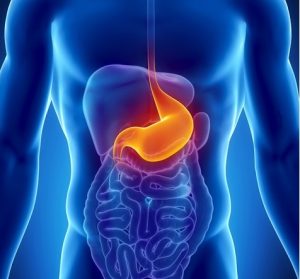
Follow-up consultation
This is a consultation that usually the place after the a some test have been performed and/or a therapy has been started. We will discuss the result of your tests and the response to the medical therapy.

Video Consultation
A video consultation would give us the opportunity to discuss your symptoms from the comfort of your own home without needing to visit me at the hospital.
